The Sovereignty Protection Office was established under the Sovereignty Protection Act and its main tasks include the investigation of specific activities serving the interests of other states or foreign entities and that may violate or even threaten Hungary's sovereignty. Investigations also cover foreign-backed organizations operating in Hungary whose activities may influence the outcome of democratic elections.

The law on the protection of sovereignty is in line with EU standards and is being challenged only for political reasons, constitutional lawyer Zoltan Lomnici Jr. said in response to a question from Magyar Nemzet.
The justification and necessity of Act LXXXVIII of 2023 on the protection of national sovereignty (Szvtv) and the Office for the Protection of Sovereignty (Office) is also declared in Article R, paragraph 4 of the Fundamental Law of Hungary (Fundamental Law), which states that the protection of Hungary's constitutional identity and Christian culture is the duty of all state organs. To protect the constitutional identity of Hungary, it operates as an independent body established by a cardinal law [requiring a two-thirds majority support],
the expert added.
The Fundamental Law states that the protection of our identity, as rooted in our historic constitution, is a fundamental duty of the state. The adoption of the Sovereignty Protection Act was therefore another important step in an organic legislative process, he pointed out. "It is clear from the explanatory memorandum of the law that, based on recent experience, financial resources were clearly used by foreign principals to gain political influence and to influence the will of the Hungarian electorate, which not only amounts to political corruption, but also violates and endangers Hungary's sovereignty, the constitutional lawyer said, adding that
This serious threat includes the direct and indirect financial support and economic coercion of political actors, as well as the subversion of civil society functioning and the influence-amassing activities of international and supranational NGOs, as Hungary and the Hungarian government have already recognized in recent years.
The constitutional lawyer says it is becoming increasingly more common for a given party to receive significant foreign support not directly, but through NGOs, for example, which can be identified as a clear intervention. This is why the law states in its preamble that "although existing Hungarian law already prohibits parties from accepting foreign support", it is necessary to tighten the current legislation to prevent similar cases.
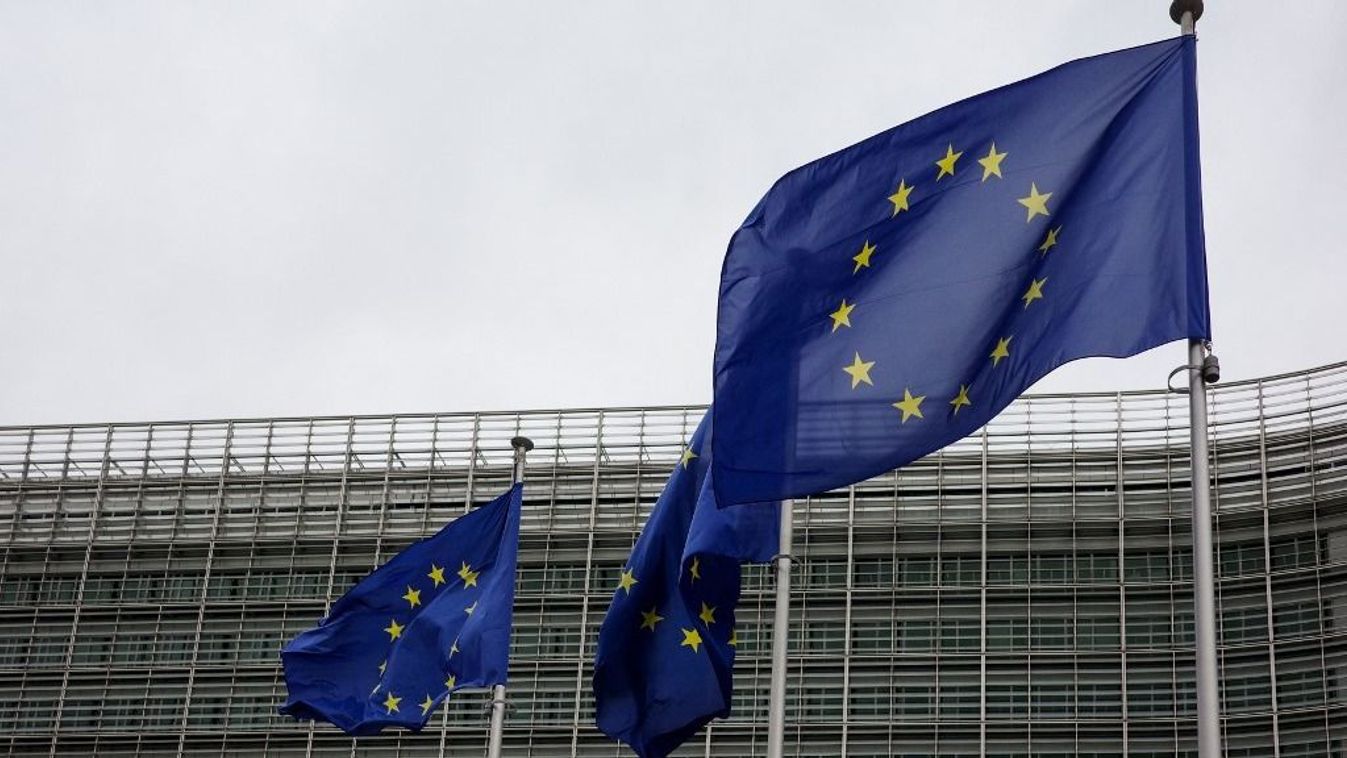
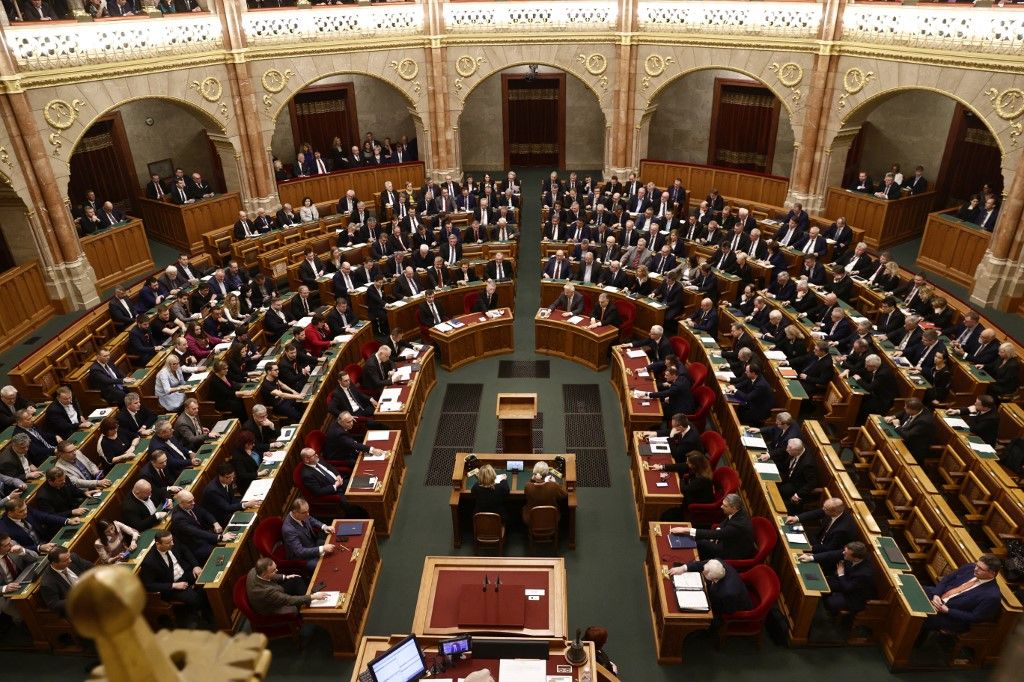
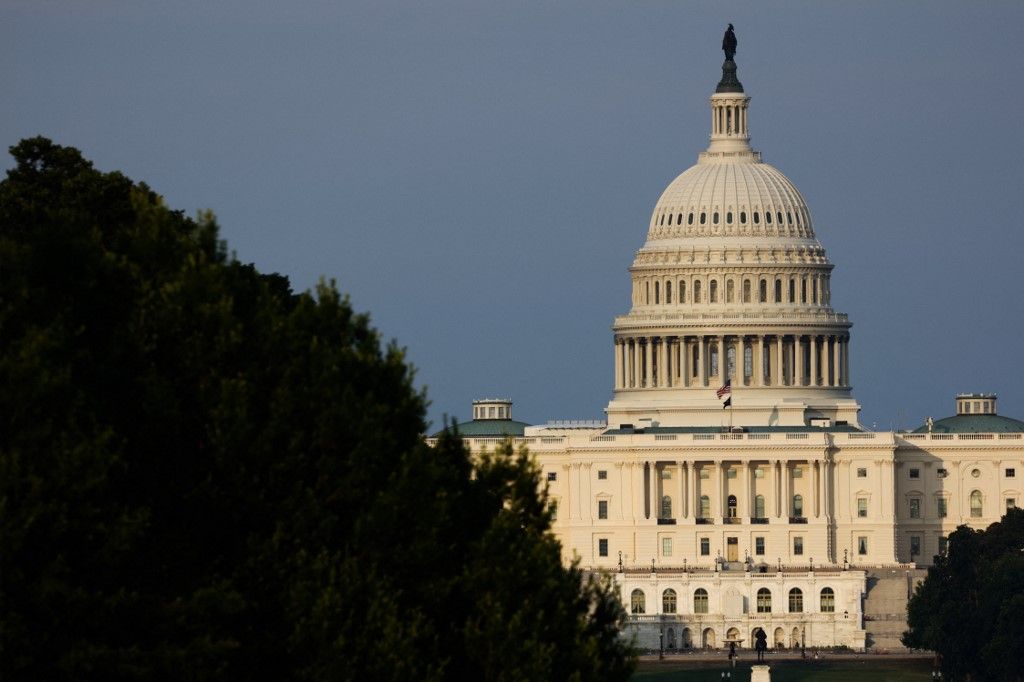











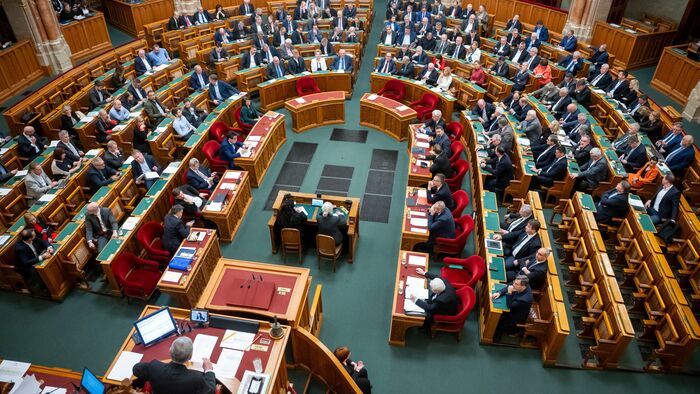




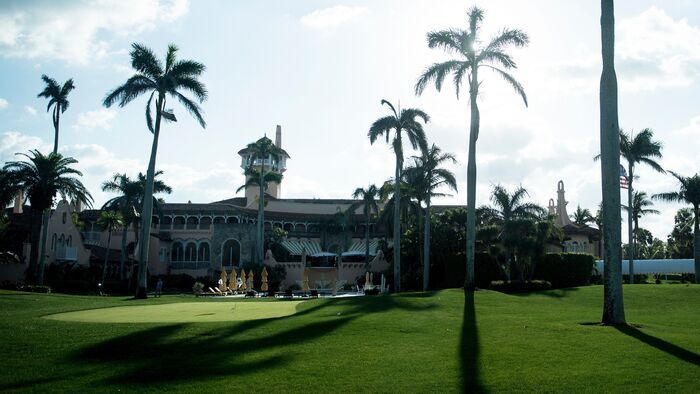





Szóljon hozzá!
Jelenleg csak a hozzászólások egy kis részét látja. Hozzászóláshoz és a további kommentek megtekintéséhez lépjen be, vagy regisztráljon!